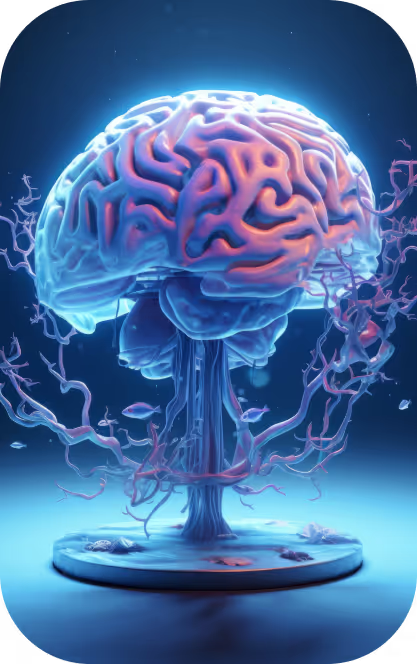How noospheric thinking is changing our everyday lives


Theformation of noospheric thinking is one of the most important stages in theevolution of humanity, as it is based on an awareness of the interconnectionbetween nature, society and humans. Scientists define the noosphere as a newstage in the development of the biosphere, in which the mind and consciousactivity of humanity become the leading factors in the transformation of theplanet. In the modern world, this idea is reflected in many aspects of ourdaily lives, including environmental, social and technological changes.
Thus,noospheric thinking changes our attitude to nature. It is based on theunderstanding that the planet's resources are limited, and their irresponsibleuse can lead to catastrophic consequences. In this context, new consumptionmodels are being developed that are focused on preserving ecosystems. Forexample, today more and more people are choosing environmentally friendlyproducts, sorting waste, reducing energy consumption and switching to renewablesources. These everyday actions, though seemingly insignificant, are the basisfor global change.
Noospherethinking is also changing the technological landscape. Digitalisation, whichcan be considered an important component of the noosphere, opens up newopportunities for smart resource management, as modern information systemsallow us to optimise energy consumption in cities, minimise losses in theagricultural sector and implement the principles of the circular economy.Artificial intelligence technologies are becoming a tool for analysingenvironmental risks, predicting climate change and developing solutions thatmeet the principles of sustainable development.
Anotheraspect is the impact of noospheric thinking on education. Vernadsky noted thatscience and education are the key drivers of the transition to the noosphere.In today's world, access to knowledge has become available thanks to thedevelopment of online education. This approach allows us to overcome barriersrelated to geography or economic status and form a new generation capable ofthinking globally but acting locally. At the same time, the integration ofnoosphere principles into the curriculum contributes to the formation ofethical values, a responsible attitude to nature and an understanding of theimportance of collective action.
As you cansee, noospheric thinking is changing our everyday lives by integrating newapproaches to consumption, education, technology and social interaction. Ithelps us rethink our role in the world, putting reason, ethics andresponsibility at the forefront. While the path to a full transition to thenoosphere is still long, we can already see how its ideas are transforming theway society thinks and opening up prospects for the harmonious coexistence ofhumans and nature.










